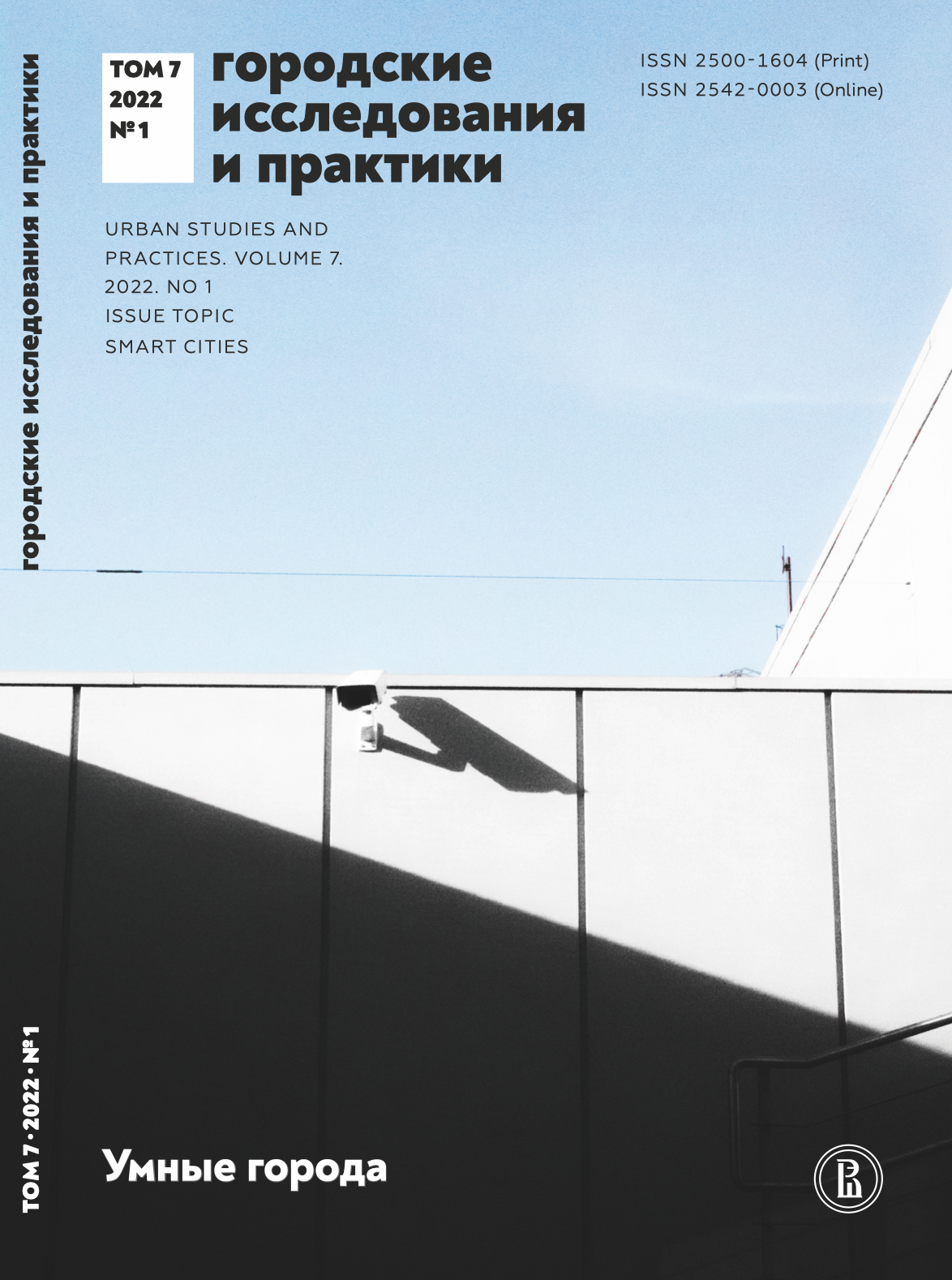The Big City
Abstract
Joachim Ritter’s classic work “The Big City” is devoted to a critical analysis of the philosophical and theoretical position based on the negation of urban civilization. The work was written in the context of the increasing popularity of Martin Heidegger’s ideas, permeated by the cultural criticism of urban civilization. Rejection or “denunciation” of the city and its civilizational achievements is a distinctive feature of the philosophy of Friedrich Nietzsche, Oswald Spengler and many other popular authors as well. This theoretical trend, which developed and strengthened during the formation of modern society, Ritter opposes another philosophical line associated with Socrates and his “appeal to the city.” It was systematically developed by Aristotle, who defined man as a “political (polis) animal”. It is only in the context of polis civilisation that man is able to become what he can be — a rational and free being. This Greek model of the polis, “limited by the inhumanity of slavery,” is becoming universal within modern society, a society that emerged in Europe but has long since transcended its limits. According to Ritter, the emergence of civilisation and modern urbanised society is the result of a fundamental discontinuity in relation to the past and the history of its origin (Herkunft).
Downloads
References
Аристотель (1984) Метафизика // Сочинения в 4-х т. Т. 4. М.: Мысль.
Богуславский В. М. (ред.) (1994) Философия в «Энциклопедии» Дидро и Даламбера. М.: Наука.
Гегель Г. В. Ф. (1990) Философия права. М.: Мысль.
Гегель Г. В. Ф. (1993) Философия истории. СПб.: Наука.
Гегель Г. В. Ф. (1994) Лекции по истории философии. Кн. 2. СПб.: Наука.
Ницше Ф. (1990) Так говорил Заратустра // Сочинения в 2 т. Т. 2. М.: Мысль.
Платон (1993) Федр // Платон. Собрание сочинений Т. 2. М.: Мысль. С. 135–191.
Хайдеггер М. (2003) Разъяснения к поэзии Гельдерлина. СПб.: Академический проект.
Цицерон М. Т. (2000) О пределах добра и зла. Парадоксы стоиков. М.: Российск. гос. гуманит. ун-т.
Цицерон М. Т. (2017) Тускуланские беседы. М.: РИПОЛ классик.
Цицерон М. Т. (2020) О государстве. О законах. М.: «Академический проект».
Шпенглер О. (1993) Закат Европы. Т. 1. М.: Мысль.
Шпенглер О. (1998) Закат Европы. Т. 2. М.: Мысль.
Элиот Т. С. (2014) Бесплодная земля. М.: Наука, Ладомир.
Der Monat (1958) No 116.
Heidegger M. (1954a) Vorträge und Aufsätze. Pfullingen: G. Neske.
Heidegger M. (1954b) Was heisst Denken? Tübingen: M. Niemeyer.
Heidegger M. (1950) Holzwege. Frankfurt: Klostermann.
Heidegger M. (1977) Wozu Dichter? // Heidegger M. GA. Bd. 5. Holzwege.
Heidegger M. (2000) Überwindung der Metaphysik // Heidegger M. GA. Bd. 7. Vorträge und Aufsätze. S. 67–98. Frankfurt: Vittorio Klostermann.
Heidegger M. (1985) Die Sprache im Gedicht // Heidegger M. Gesamtausgabe (GA). Bd. 12. Unterwegs zur Sprache. Frankfurt: Vittorio Klostermann.
Heidegger M. (1951) Erläuterungen zu Hölderlins Dichtung. Frankfurt: Vittorio Klostermann.
Nietzsche F. (1925) Gesammelte Werke. Bd. XIV. München: Musarion Verlag.
Würzbach F. (1925) Nachbericht // Nietzsche F. Gesammelte Werke. Bd. XIII. München: Musarion Verlag.

